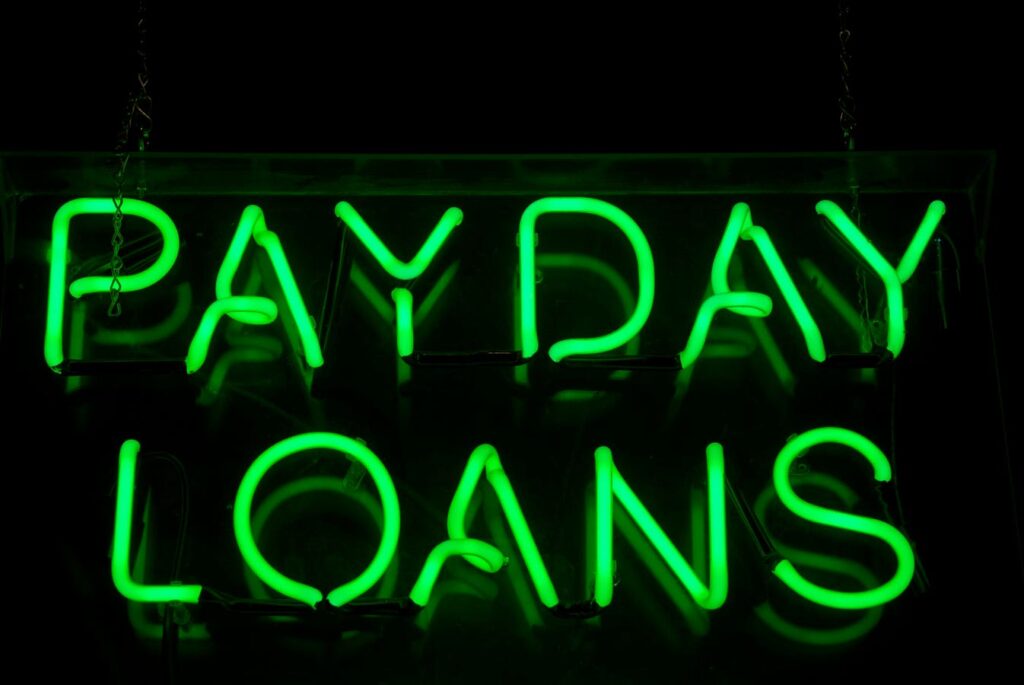Payday loans are short-term financial products aimed at providing immediate cash for urgent needs. Typically, these loans range from $100 to $1,000, with repayment usually due by the borrower’s next payday. As attractive as they may seem for people facing sudden expenses, payday loans are fraught with significant drawbacks, particularly high-interest rates that can soar over 400%. This high cost, coupled with a very brief repayment period, can trap borrowers in a cycle of debt, especially if they fail to repay the loan on time, leading to additional fees and more borrowing. For many, this immediate solution can quickly transform into a long-term financial burden, exacerbating their financial instability.
The appeal of payday loans primarily lies in their convenience and ease of access. Borrowers typically do not need to undergo rigorous credit checks; lenders instead focus on income verification and the ability to repay. This opens doors for individuals with poor credit histories who might otherwise struggle to secure funds. Additionally, some lenders may provide flexible repayment options or extensions, which can help borrowers manage their financial obligations better. Despite their accessibility, one must weigh these advantages against the substantial risks associated with payday loans.
The cons of payday loans heavily overshadow their advantages. The most alarming drawback is the exorbitantly high interest rates, which can result in borrowers paying back significantly more than they borrowed in just a few weeks. The risk of debt traps is another critical concern—many borrowers find themselves unable to repay on time, leading to multiple rollovers or new loans taken out to cover existing ones. This cycle harms both their financial health and their credit scores, further complicating their situation. Moreover, predatory lending practices employed by some payday lenders can exacerbate these issues, often leaving borrowers in agreements they don’t fully understand.
Considering the high costs and associated risks of payday loans, it is essential for consumers to explore more affordable and sustainable alternatives. Traditional bank loans or credit union loans typically offer lower interest rates and more favorable terms compared to payday loans. While they may require a credit check and proof of income, for individuals with better credit ratings, these options are usually preferable. Moreover, credit unions often offer flexibility that can make repayments more manageable over longer periods, alleviating the strain of immediate repayment.
Another viable alternative includes credit cards, which typically have lower interest rates than payday loans, especially if one can pay the balance before interest accrues. Although credit cards can also lead to debt if not managed wisely, their features—like rewards, fraud protection, and potential for building credit history—make them a more attractive option for urgent financial needs. For emergencies, using credit cards with promotional offers can provide immediate liquidity while minimizing additional costs, provided borrowers promptly settle their debts.
Government assistance programs present additional resources for those in financial distress, offering support in areas such as food, housing, and utilities. These programs often require little to no repayment, making them an ideal alternative to the high costs of payday loans. Furthermore, negotiating with creditors can yield favorable results; many creditors may adjust payment terms or provide temporary relief during times of financial hardship. Engaging with financial counselors can facilitate these discussions, potentially leading to better terms without the financial pitfalls of payday loans. In conclusion, while payday loans may provide quick cash, the significant risks associated with them drive the need for consumers to consider other financial options, improve financial literacy, and seek professional guidance when necessary.

